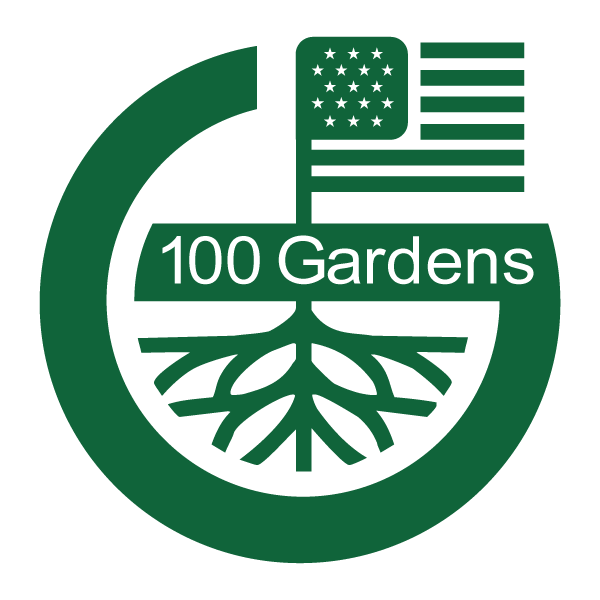Our Getting Started with Aquaponics lesson unit provides an understanding of the basics of operating an aquaponics garden. Other documents included are “Getting Started” slide decks meant to address Aquaponics basics. Also included are Topic Guidebooks to be used to provide instruction and assist in completing garden tasks. Also included are the 100 Gardens instructional pillars and icons that address our core values and beliefs. This unit of study is accessible for all grade levels with minimal adaptations.
K-12 and Beyond
Exceptional Children:
Aquaponic gardens are especially beneficial for those students with exceptional needs. The nature of an aquaponic garden lends itself to students who thrive in predictable and repetitive environments. The sensory integration offered by interacting with the garden establishes a nurturing learning environment for students of all ability levels. Where task completion is an integral part of garden operation offering the opportunity to structure goals around meaning work.
In North Carolina, high school students in the Occupational Course of Study (OCS)—those with identified disabilities—must complete academic requirements alongside 600 hours of work-based learning to earn their diploma. Too often, these hours are spent on menial tasks that reinforce social isolation. Through aquaponics, students can earn their hours during class by managing a living system that teaches science, responsibility, and entrepreneurship. They gain transferable job skills, operate a school-based farm stand, and contribute meaningfully to their community. Our goal is to help increase graduation rates and open doors to post-secondary employment through this inclusive and empowering program which furthers workforce development.
Elementary:
We offer lesson plans for each grade K-5. All 20 lessons are standards aligned focusing on academic content. We also offer a K-5 “Aquaneers Program” focusing on connecting aquaponics into curriculum to help students develop essential life skills while learning about science, sustainability and the environment. Upon completion of the Aquaneers 7 week program students can earn a “New Way of Thinking” certificate.
Middle School:
We offer lesson plans for middle grade students. Developed in partnership with the Kenan Fellows Program at North Carolina State University, this open-source curriculum can be used within the school year, after-school, or as a summer program. Students can develop innovative blog posts, have experience creating different nutritious recipes and foods to try at home, all while developing a knowledge of growing and maintaining an aquaponics system. As a culminating event, they can produce and perform an engaging speech through a mock “TED Talk.” Students receive a certificate of completion.
High School:
STEM: We offer standards aligned lessons plans for 5 core subjects using the aquaponics garden. We also have (3) 2-day lab activities for Earth and Environmental Science, each lab aligns with an Essential Standard.
Career and Technical Education (CTE): In conjunction with the Aquaponics Association, 100 Gardens has developed a curriculum for Aquaponics I (AL16). This for-credit course is available through the North Carolina Department of Public Instruction (NCDPI).
In addition, aquaponics extends into other CTE pathways such as:
- Culinary Arts
- Business Management and Administration
- Marketing
- Agriculture, Food, and Natural Resources
- Engineering
- Architecture and Construction
Post-Secondary:
In partnership with University of North Carolina at Charlotte and Fayetteville State University 100 Gardens brings living eco systems into new and exciting learning spaces. Our goal is to engage the community in new ways of thinking regarding food, education and the environment.
